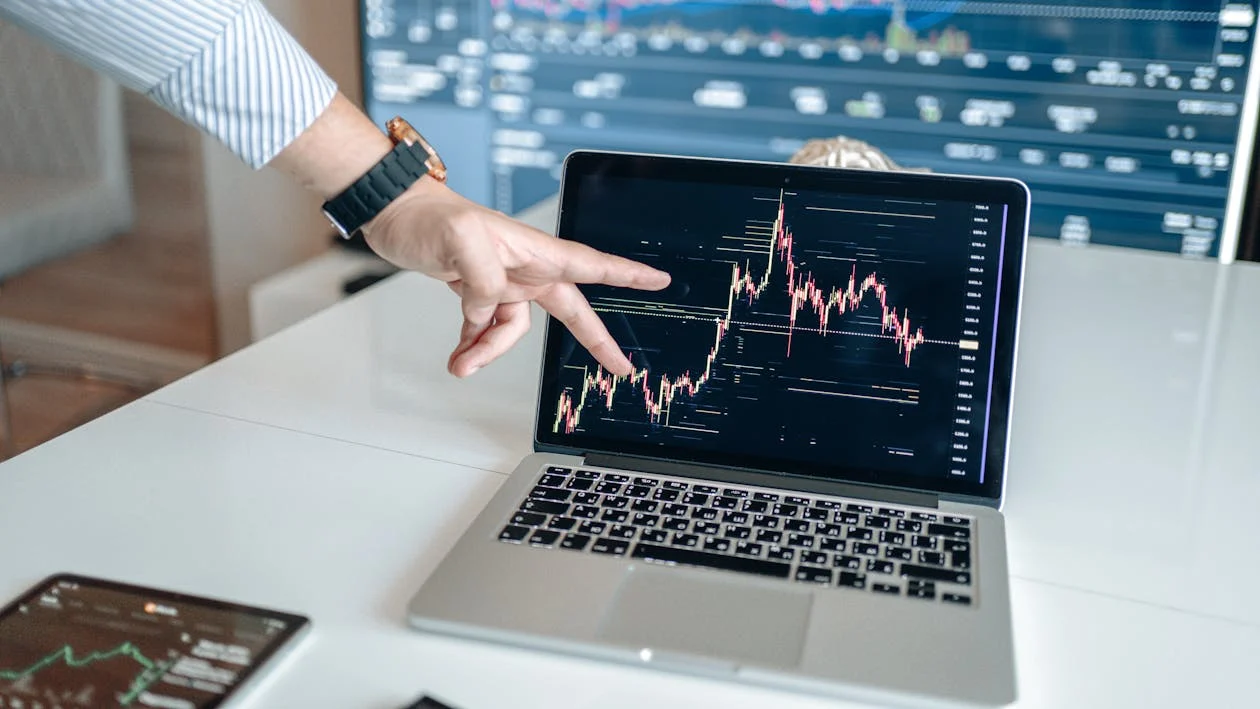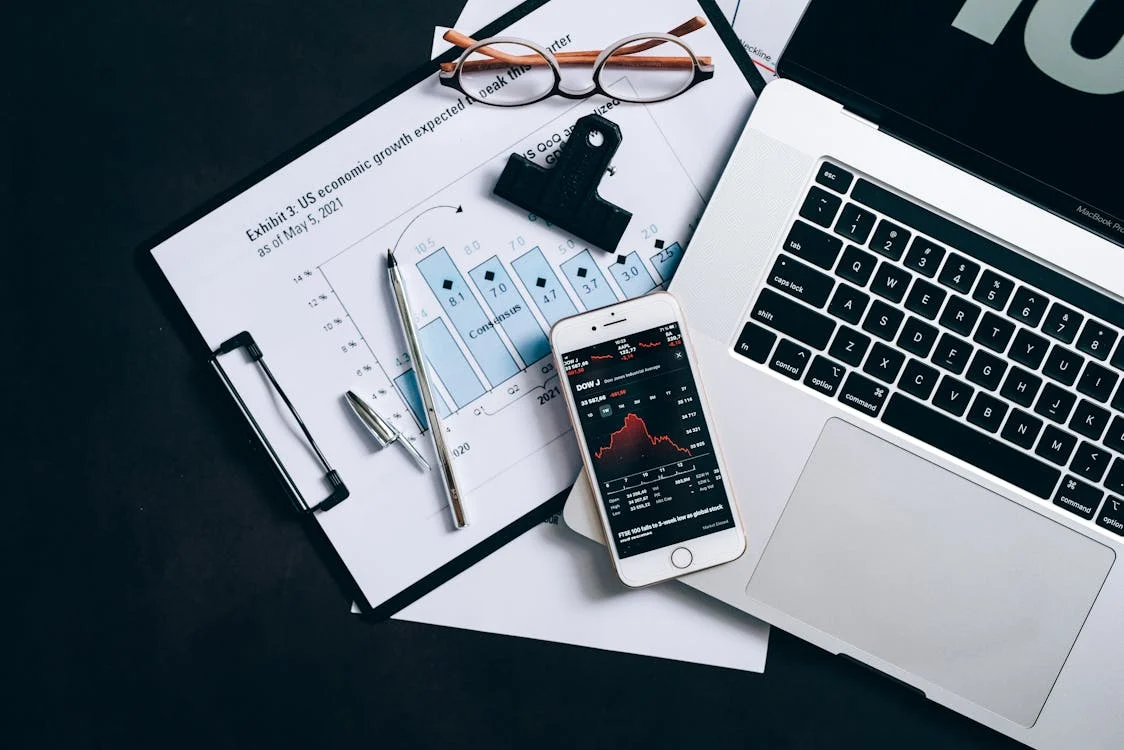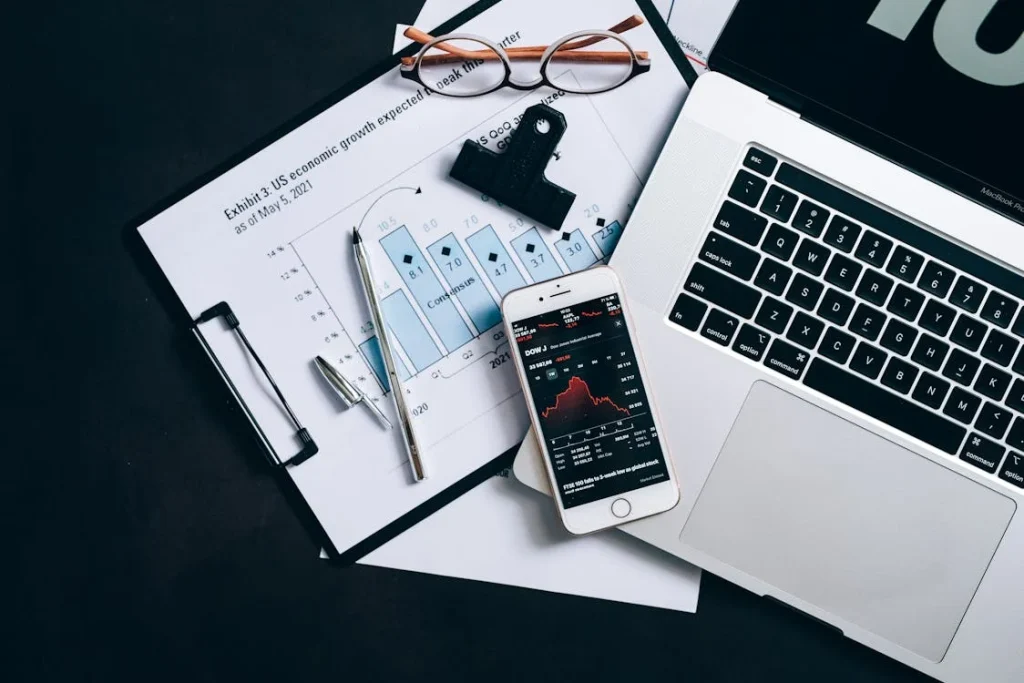How the Forex Market Works and What You Need to Get Started
The foreign exchange market—commonly known as the Forex or FX market—is the largest and most liquid financial market in the world. Every day, trillions of dollars are exchanged between governments, institutions, corporations, and individual traders. If you’re new to the concept, this guide will walk you through the essentials of forex trading and what you need to know to get started.

1. What Is Forex Trading?
Forex trading is the process of buying one currency while simultaneously selling another. Currencies are traded in pairs—such as EUR/USD or USD/JPY—where the first currency is the base and the second is the quote. The value of the pair indicates how much of the quote currency is needed to buy one unit of the base currency.
2. Who Participates in the Forex Market?
The forex market includes a wide range of participants:
- Central banks: Influence currency values through monetary policy and interest rates.
- Commercial banks and institutions: Facilitate global trade and large-scale transactions.
- Hedge funds and investment firms: Engage in speculative strategies to generate profit.
- Retail traders: Individuals trading through online platforms using smaller capital.
3. How Currency Pairs Work
There are three types of currency pairs:
- Major pairs: Include the most traded currencies like EUR/USD, GBP/USD, USD/JPY.
- Minor pairs: Pairs that don’t involve USD but are still commonly traded, like EUR/GBP.
- Exotic pairs: Involve one major currency and one from a developing economy, such as USD/TRY.
4. Forex Market Sessions
The forex market is open 24 hours a day, five days a week, divided into four major trading sessions:
- Sydney: Opens the trading day (Australia)
- Tokyo: Major activity in Asian currencies
- London: The most active session with high volume
- New York: Overlaps with London, creating peak trading hours
5. Choosing a Forex Broker
Before trading, you’ll need to open an account with a trusted forex broker. Key factors to consider:
- Regulation: Make sure the broker is licensed by a reputable financial authority.
- Spreads and fees: Lower spreads reduce trading costs.
- Trading platform: Look for intuitive platforms like MetaTrader 4/5 or cTrader.
- Leverage options: Understand how leverage works and use it cautiously.
6. Forex Trading Strategies
There’s no one-size-fits-all strategy in forex trading, but popular approaches include:
- Scalping: Very short-term trades aiming for small gains.
- Day trading: Positions opened and closed within the same day.
- Swing trading: Holding positions for days or weeks based on price swings.
- Position trading: Long-term trades driven by macroeconomic analysis.
7. Risk Management in Forex
Because of high leverage and volatility, managing risk is crucial. Tips include:
- Never risk more than 1–2% of your account per trade.
- Always use stop-loss and take-profit orders.
- Understand and adapt to market news and events.
- Maintain a trading journal to review and improve performance.


